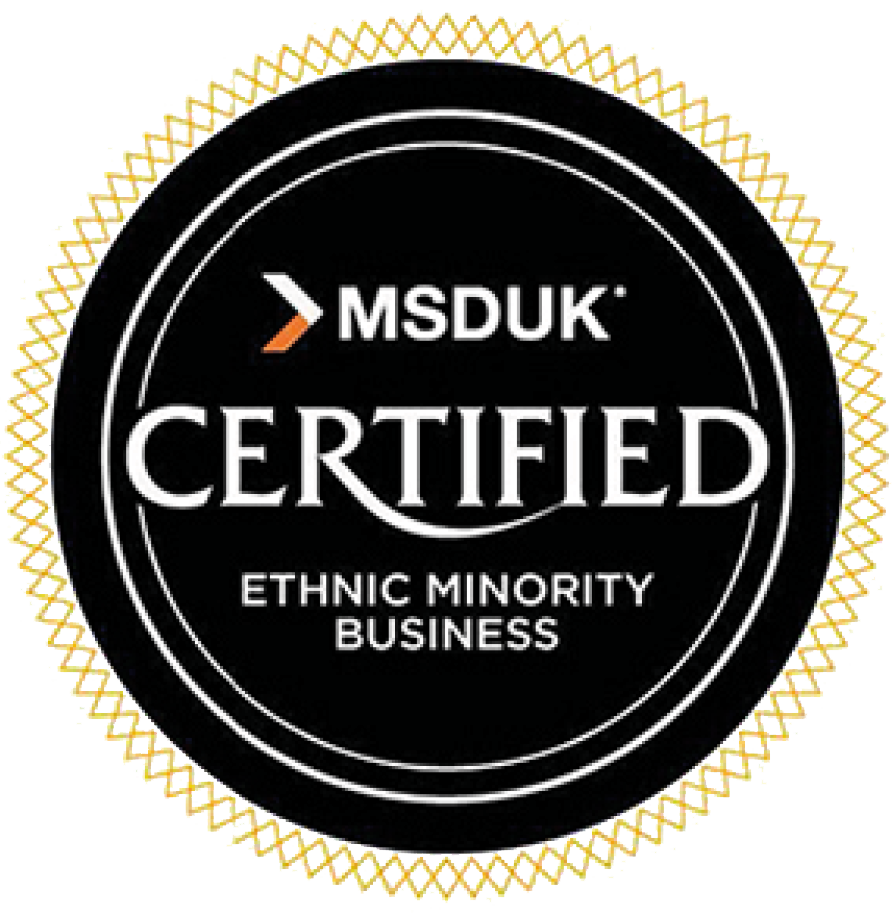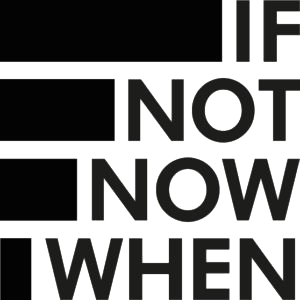Silicon Valley is probably the most iconic tech centre in the world. Having emerged at a time of great social and political upheaval, why has a lack of diversity now become the tech centre’s Achilles heel?
Silicon Valley’s lack of diversity is also reflected in the wider tech industry. According to Wired Magazine, the percentage of black and Latino employees in leadership positions across the industry is as low as 4 to 10 percent. When we consider that technology is vital to our future as a society, this is highly problematic. New technologies are emerging=without minorities contributing to their development, it’s likely this lack of diverse input could lead to technologies which do not support, represent or assist those minorities in society. This is something that is already beginning to happen with new forms of face recognition for instance. Because systems like these are not built with people of colour in the process; they are created in a way that isn’t always inclusive of them. If these developments are not inclusive then we run the risk of further excluding whole groups of our society.
With this in mind, what is the future of the technology industry and those ethnic minorities working in it?
The future is start-ups. The industry has a history of being innovative and the thriving start-up culture of Silicon Valley constantly drives this innovation forward. To help address the lack of diversity in tech, we can certainly turn to start-ups and those working with start-ups to ensure a healthy and diverse future for technology. Ellen Pao, founder of ‘Project Include’ works with technology start-ups to stop them from making the same mistakes as more established companies when it comes to inclusion. Pao advocates for underrepresented people and women in tech helping start-up technology companies create diverse working environments where diversity is seen as a necessity rather than a nice add-on or luxury. Pao suggests that creating targets for companies and then holding them accountable for meeting them is a very effective way of creating a healthy working environment. Pao’s goal in her work is to create companies that statistically reflect the society around them. The thinking here is that the mainstream industry is falling behind with this which also shows in their work.
Fundamentally, the technology start-up scene allows space for innovation, which has been reflected in their novel approaches to cultural and social innovation. One of the newest hubs for technology in the US is Atlanta. The city evolved into a tech-hub first by pumping money into its tech industry to persuade Amazon to establish an office there. Ever since, Atlanta has attracted a variety of technology businesses, with a marked growth in black owned tech businesses. It is interesting to ask whether these new businesses can rival established businesses. Paul Judge, who is viewed by many as the godfather of the Atlanta technology scene recalls a time where the recognition or respect of Silicon Valley investors was paramount for businesses to take off. Judge now sees a new future where Atlanta will rival Los Angeles, New York and Boston as the next ‘tech city’.
One Atlanta entrepreneur Kathryn Finney, founder of Digitalundivided expresses how she really felt the lack of recognition she received when working on a tech accelerator program in New York as opposed to working in Atlanta. Finney now runs her business and works a great deal with other women of colour to grow tech start-ups and to create a community around them, but in Atlanta and not New York. She also considers the backgrounds of founders and start-ups in Silicon Valley to be another considerable differentiator from those in Atlanta. For Finney, there is a very obvious divide of wealth which has allowed self-starters in places like Silicon Valley to run their start-ups fulltime as they are able to get access to funding more easily. These entrepreneurs also tend to have fewer dependents and are less likely to act as carers. This is a stark contrast to many black women in the industry whose businesses are run alongside a fulltime job due to having other commitments and dependents.
Looking at Atlanta and its growing technology scene is a focused example of the growth of ethnic minority businesses across the USA and other parts of the west. It is clear here that there is a great divide in terms of lack of recognition and understanding from those already established tech hubs which are accused of excluding ethnic minorities from working, competing and thriving. As Atlanta grows, the talent pool will also grow, bringing in new and engaged talent who in time will be able to push technological boundaries. As Pao mentioned earlier, this is where those established hubs are failing. The innovation that comes from a wider talent pool is just not there. With a history of predominantly black universities, Atlanta could by default see a more diverse future in technology. Judge also stated that 20 years ago investors would hear that a company was from Atlanta and immediately decide not to invest. These new developments allow those black tech entrepreneurs who tested the waters in Silicon Valley and New York to find a more welcoming home in Atlanta where their businesses can thrive.




